Fieldwork
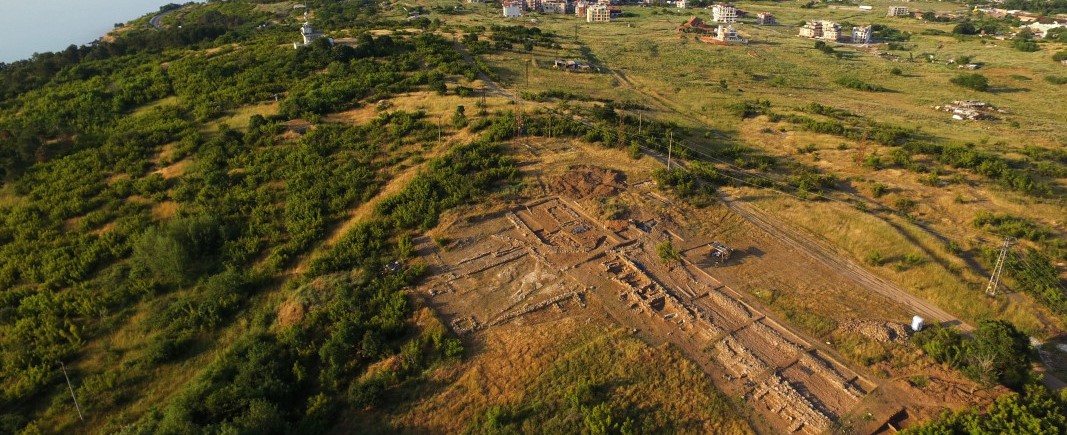
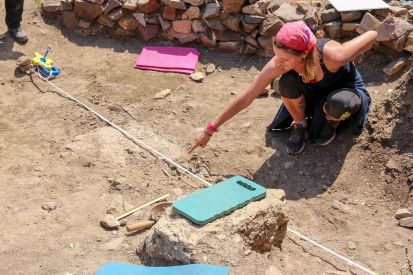
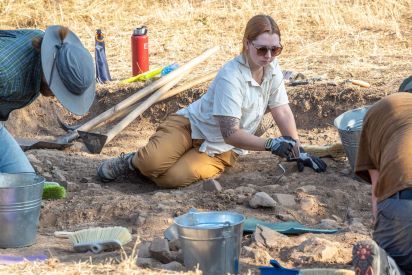
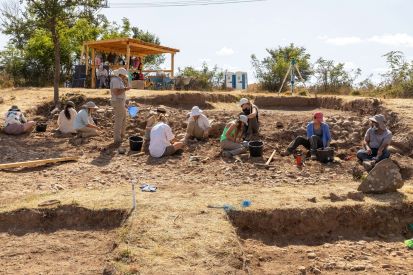
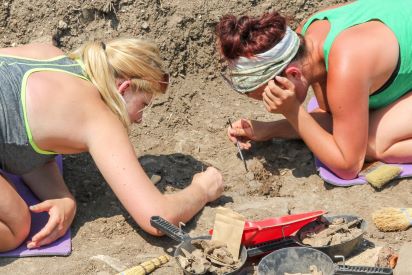
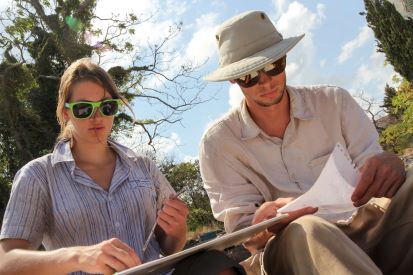
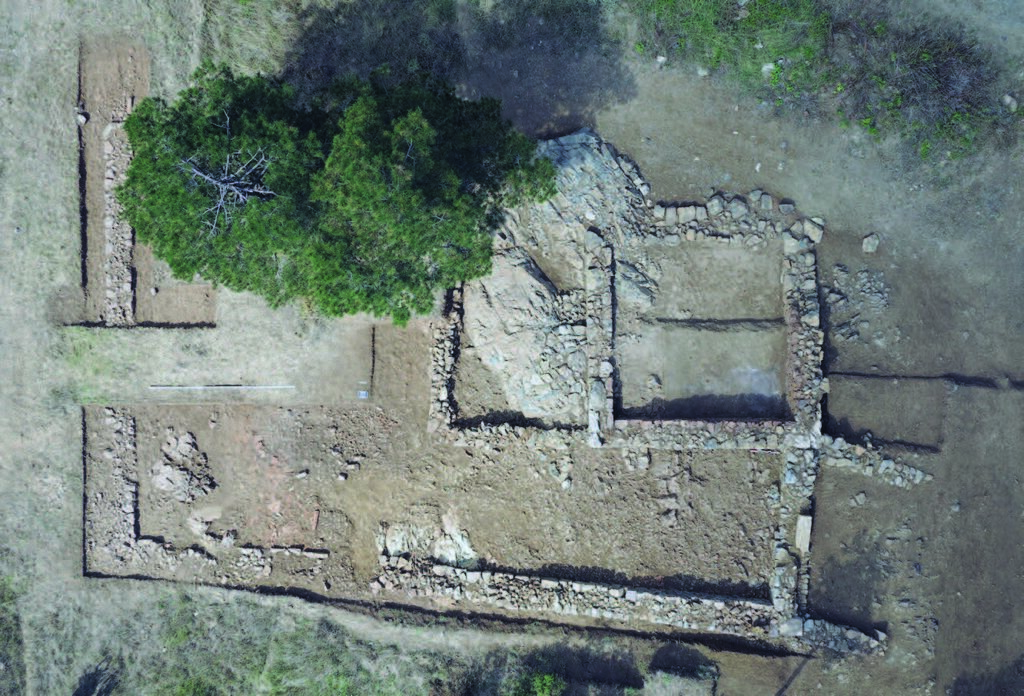
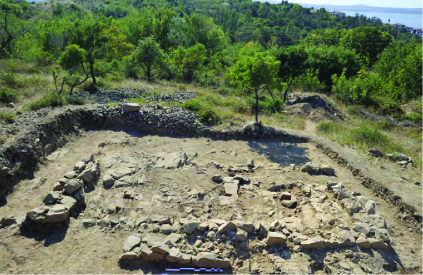
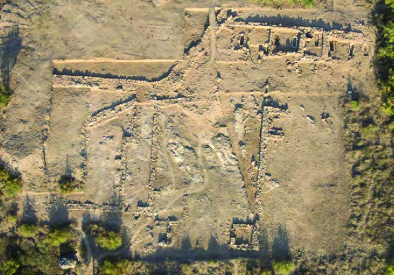
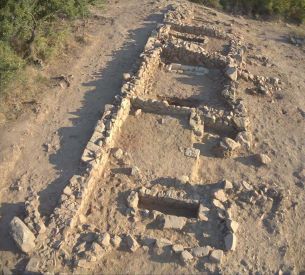
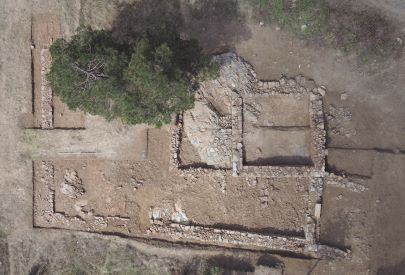
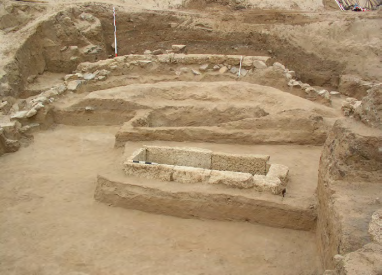
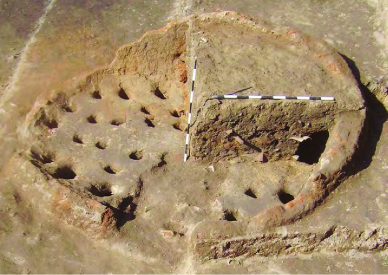
Location: Sozopol, Bulgaria
Season: June 1, 2025 to June 28, 2025
Deadline Type: Rolling
Website: https://www.fieldsciences.org/program/2025-bulgaria-apollonia/
Program Type:
Field School
RPA Certified:
No
Affiliation:
Center for Field Sciences & Balkan Heritage Foundation, Bulgarian Academy of Sciences
Project Director:
Dr. Angela Pencheva (Program Director of the Balkan Heritage Foundation); Dr. Krastina Panayotova (Associate Professor and Head of the Department of Classical Archaeology, National Archaeological Institute with Museum, Bulgarian Academy of Sciences) & Dr. Teodora Bogdanova (Department of Classical Archaeology, National Archaeological Institute with Museum, Bulgarian Academy of Sciences, Adjunct Professor, CPCE, New Bulgarian University)
Project Description:
Ancient Apollonia Pontica (present-day Sozopol, Bulgaria) is one of the oldest towns on the western Black Sea Coast. The city, founded by Miletian colonists around 610 BCE, was named Apollonia Pontica in honor of the patron deity of Miletus – Apollo. Apollonia became an autonomous and strong independent polis, as well as an important trade center between Ancient Greece and Thrace. Thanks to its strong navy and naturally protected harbors, Apollonia kept control of the major maritime and terrestrial merchant routes along the western Black Sea Coast for several centuries. Despite numerous invasions and attacks, the city survived the period of the Great Migration (4th – 7th century CE) and entered the Middle Ages as a focal point of long-lasting Byzantine-Bulgarian conflicts.
The project is focused on the sector of Messarite, located southwest of Sozopol, approx. 2 km from the center of the Old Town. During the initial survey of the area, 29 different features were identified, including walls, buildings and burials. Excavations at the Messarite sector will help in understanding the interaction between city center and its immediate outposts. It will shed light on the economic development of Apollonia Pontica in the Hellenistic and Roman periods.
Period(s) of Occupation: Classical Period
Notes:
Tuition cost is $4,950; Program awards 8 semester credit units (equivalent to 12 quarter credits units) through our school of record – Culver-Stockton College
Project Size: 1-24 participants
Minimum Length of Stay for Volunteers: Full session
Minimum Age: 18 years old
Experience Required: No prior experience is required. This is hands-on, experiential learning and students will study on-site how to conduct archaeological research. Field work involves physical work and exposure to the elements and thus requires a measure of understanding that this will not be the typical university learning environment. You will have to work outdoors and will get sweaty and tired. Students are required to come equipped with sufficient excitement and an adequate understanding that fieldwork requires real, hard work, in the sun and wind. The work requires patience, discipline, and attention to detail.
Room and Board Arrangements:
Students will stay at Hotel Polina Beach which offers comfortable rooms with two to three beds, air conditioning, a minibar, TV and Wi-Fi. The hotel is in the new part of Sozopol, a 15 min walk to the Old Town Quarter, the Archaeological Museum. It is also a 15 min walk to the archaeological site.
This program provides daily breakfast and lunch (lunch pack for the field trips), as well as the official welcome and farewell dinners. Students are responsible for their own dinner. Sozopol offers a variety of restaurants that can meet everyone’s preferences and dietary requirements – from fast food options to cozy gourmet restaurants.
Academic Credit:
Program awards 8 semester credit units (equivalent to 12 quarter credits units) through our school of record – Culver-Stockton College.
Dorian Chee
5335 W Adams Blvd #106
Los Angeles
CA
90016
U.S.
Phone: (562) 584-0716
The AIA is North America's largest and oldest nonprofit organization dedicated to archaeology. The Institute advances awareness, education, fieldwork, preservation, publication, and research of archaeological sites and cultural heritage throughout the world. Your contribution makes a difference.
Notifications